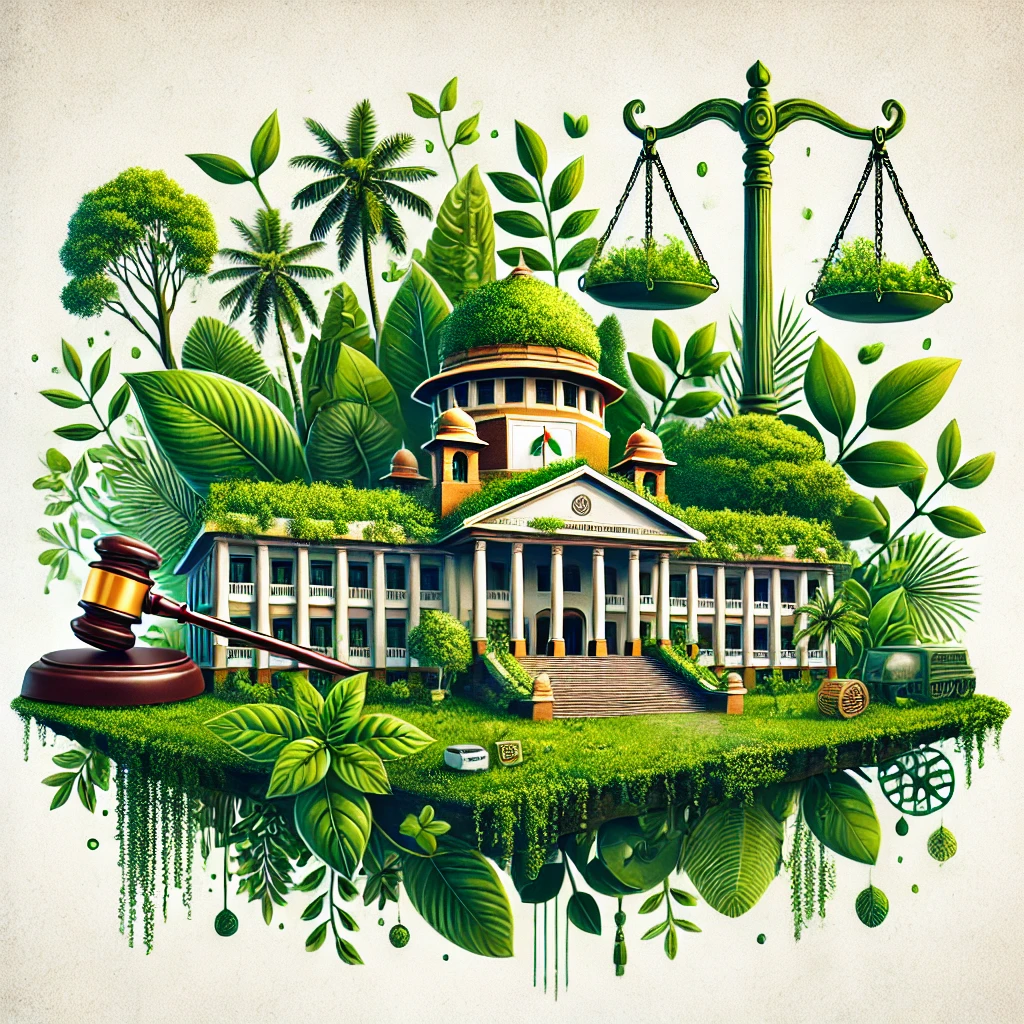Environmental laws at Hong Kong
Hong Kong has a number of environmental laws and regulations aimed at protecting the environment and promoting sustainability. Some of the key laws include:
1. Environmental Impact Assessment Ordinance (EIAO)
Purpose: This law requires an environmental impact assessment (EIA) for certain types of development projects that may have significant environmental impacts.
Key Points: The ordinance aims to ensure that environmental considerations are taken into account in the planning and development process.
Enforcement: The Environmental Protection Department (EPD) monitors and ensures compliance with the EIAO.
2. Air Pollution Control Ordinance (APCO)
Purpose: The APCO seeks to control air pollution from various sources like industrial activities, vehicles, and power plants.
Key Points: It sets air quality standards, requires permits for emissions, and allows the government to impose penalties for breaches.
Enforcement: EPD is responsible for ensuring compliance with air pollution standards and controlling emissions.
3. Water Pollution Control Ordinance (WPCO)
Purpose: This ordinance aims to protect water quality in Hong Kong's rivers, streams, and marine waters.
Key Points: It regulates the discharge of wastewater into water bodies and imposes penalties for violations. It also encourages the proper treatment of wastewater.
Enforcement: The EPD plays a role in monitoring and enforcing the WPCO.
4. Waste Disposal Ordinance
Purpose: This law regulates the disposal and management of waste, including solid waste, chemical waste, and construction debris.
Key Points: It sets guidelines for waste disposal, encourages recycling, and requires permits for certain types of waste disposal.
Enforcement: The EPD and the Environmental Crimes Unit handle enforcement.
5. Noise Control Ordinance
Purpose: The Noise Control Ordinance focuses on reducing noise pollution in urban areas, particularly from construction sites, industrial operations, and transport.
Key Points: The ordinance sets limits on permissible noise levels, particularly during night hours, and requires licenses for construction work that may cause excessive noise.
Enforcement: EPD enforces noise regulations and may impose fines for violations.
6. Waste Disposal (Chemical Waste) (General) Regulation
Purpose: This regulation is designed to control the disposal of chemical waste, ensuring that hazardous substances are handled properly.
Key Points: It requires businesses generating chemical waste to obtain a license and ensure the safe treatment and disposal of hazardous materials.
7. Sustainable Development and Conservation Laws
Hong Kong also promotes sustainability through a variety of programs and policies focused on energy efficiency, waste reduction, and the conservation of biodiversity.
For example, the Energy Efficiency (Labelling of Products) Ordinance requires labeling for energy-consuming products like household appliances, encouraging consumers to make energy-efficient choices.
8. Marine Parks Ordinance
Purpose: This ordinance aims to protect the marine environment and biodiversity in designated marine parks.
Key Points: It restricts certain activities such as fishing, construction, and dumping in these protected areas to preserve marine life and ecosystems.
9. Biodiversity Conservation Laws
Hong Kong has several ordinances aimed at preserving wildlife and their habitats, including the Wild Animals Protection Ordinance and the Country Parks Ordinance.
These laws help protect the natural landscapes, endangered species, and ecosystems in the region.
Key Agencies Involved in Environmental Regulation:
Environmental Protection Department (EPD): The primary government agency responsible for overseeing environmental laws and regulations.
Environmental Affairs Bureau (EAB): This bureau coordinates policy development and oversees major environmental initiatives in Hong Kong.
Environmental Initiatives:
Hong Kong is also a part of various international environmental agreements, such as the Kyoto Protocol and the Paris Agreement, focusing on reducing greenhouse gas emissions and addressing climate change.
These laws are continuously evolving as Hong Kong faces increasing environmental challenges, including air quality, waste management, and climate change. The government has been focusing on sustainable urban planning and environmental protection as a central theme of its policy agenda.












comments